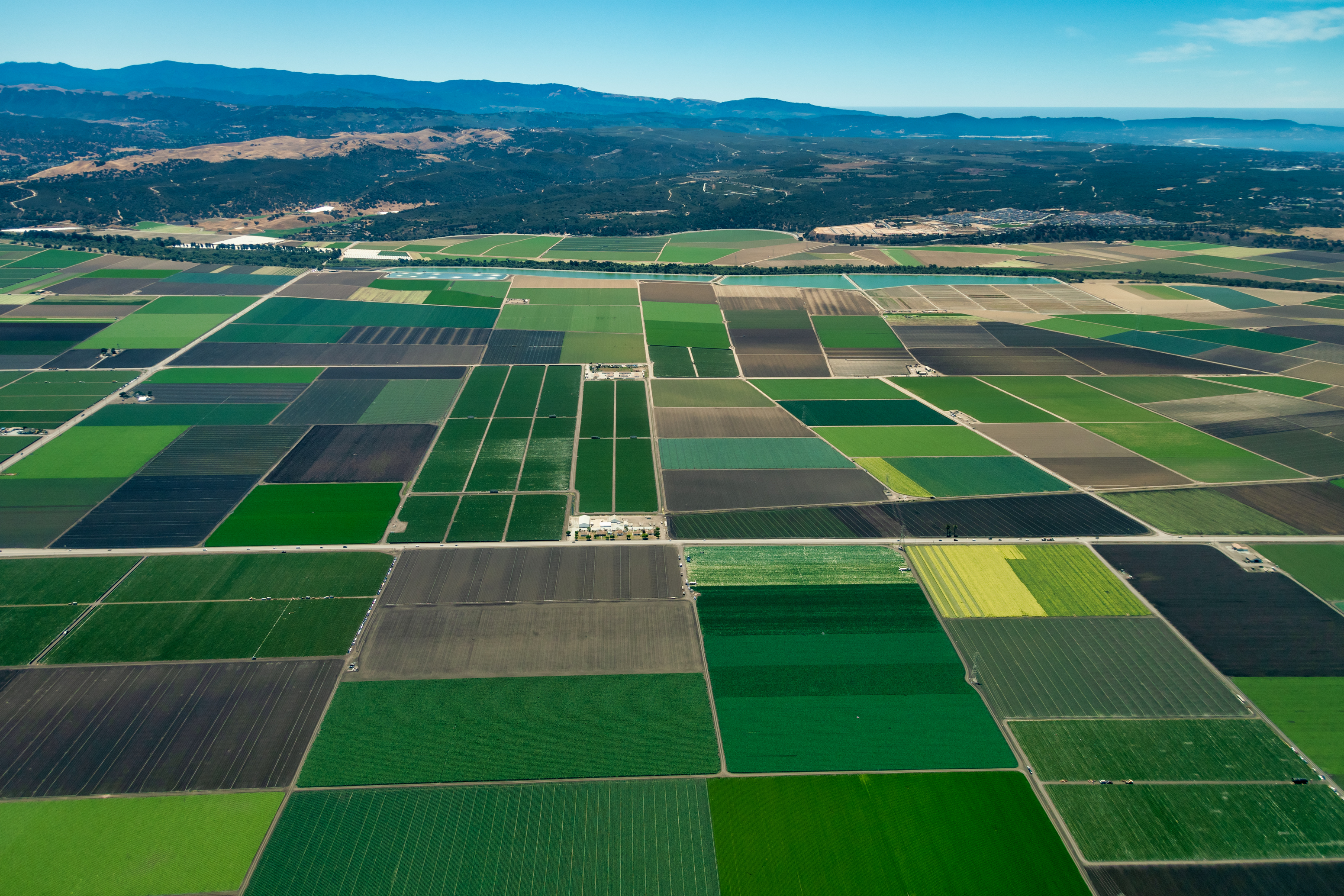
 The first event I experienced in my food industry career was the Sheetz tomato incident, which in comparison to others that followed was a relatively tame affair. It was one of the earliest food safety events that I can recall that used whole genome sequencing in the investigative process. This was a huge step forward.
The first event I experienced in my food industry career was the Sheetz tomato incident, which in comparison to others that followed was a relatively tame affair. It was one of the earliest food safety events that I can recall that used whole genome sequencing in the investigative process. This was a huge step forward.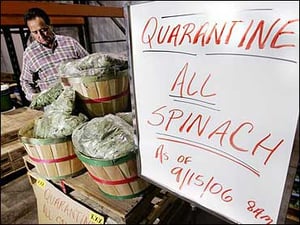 Living in Northern California, the big one was, of course, the Spinach Crisis of 2006. Multiple FBI trucks converged on growers in Salinas and elsewhere as the initial (and erroneous) leads led to a complete shutdown of the spinach industry. Much was learned from this incident, including the importance of clean water being used for produce, particularly leafy greens. It wasn’t the last time that large cattle operations were implicated as the root cause of contamination.
Living in Northern California, the big one was, of course, the Spinach Crisis of 2006. Multiple FBI trucks converged on growers in Salinas and elsewhere as the initial (and erroneous) leads led to a complete shutdown of the spinach industry. Much was learned from this incident, including the importance of clean water being used for produce, particularly leafy greens. It wasn’t the last time that large cattle operations were implicated as the root cause of contamination.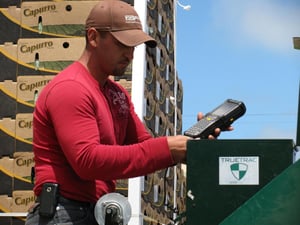 I was with one of the earliest technology companies that developed software to support the Produce Traceability Initiative. We had multiple successful implementations of item-level traceability putting QR codes on berry clamshells, grape and broccoli plastic bags, as well as other packaging media. These were exciting developments as we worked with label and packaging companies right on the bleeding edge of their capabilities.
I was with one of the earliest technology companies that developed software to support the Produce Traceability Initiative. We had multiple successful implementations of item-level traceability putting QR codes on berry clamshells, grape and broccoli plastic bags, as well as other packaging media. These were exciting developments as we worked with label and packaging companies right on the bleeding edge of their capabilities.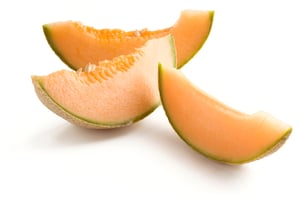 In 2011, when the cantaloupe event occurred, yet another frontier of food safety was in the news and it seemed to be months before the details were understood. The incident involved equipment that had been used for another crop being sold to a processor of melons. The equipment apparently carried traces of pathogens and these became embedded in the net-like skin of the cantaloupe, which were then transferred when the cantaloupe was cut into pieces.
In 2011, when the cantaloupe event occurred, yet another frontier of food safety was in the news and it seemed to be months before the details were understood. The incident involved equipment that had been used for another crop being sold to a processor of melons. The equipment apparently carried traces of pathogens and these became embedded in the net-like skin of the cantaloupe, which were then transferred when the cantaloupe was cut into pieces.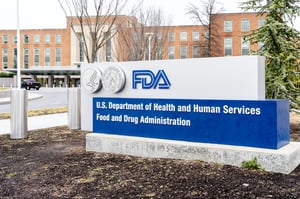 In my own narrow view of the world I thought the industry was making great strides with PTI and the passing of the Food Safety Modernization Act in 2011 as well as the various technological advances with which I was involved. But the outbreaks continued. The industry still seemed unable to get a set of standards and technologies in place across the entire supply chain. We had partial implementations and exceptions while still seeing new root causes that hadn’t been considered before.
In my own narrow view of the world I thought the industry was making great strides with PTI and the passing of the Food Safety Modernization Act in 2011 as well as the various technological advances with which I was involved. But the outbreaks continued. The industry still seemed unable to get a set of standards and technologies in place across the entire supply chain. We had partial implementations and exceptions while still seeing new root causes that hadn’t been considered before. Before COVID-19 altered our world I attended a conference in Washington, DC, and saw more vigorous leadership from the FDA. Together with advances in all aspects of food safety, confidence in the overall quality of our fresh produce has definitely increased, and yet there is still much to do. Ideally, we would speed up the investigative process, but this is not always possible as it often takes days to identify an outbreak in progress and even longer to research the sources, epidemiology and so on. It would be great if there was an implementation of end-to-end traceability with systems talking the same language, but that is yet to happen.
Before COVID-19 altered our world I attended a conference in Washington, DC, and saw more vigorous leadership from the FDA. Together with advances in all aspects of food safety, confidence in the overall quality of our fresh produce has definitely increased, and yet there is still much to do. Ideally, we would speed up the investigative process, but this is not always possible as it often takes days to identify an outbreak in progress and even longer to research the sources, epidemiology and so on. It would be great if there was an implementation of end-to-end traceability with systems talking the same language, but that is yet to happen.These Stories on Food Safety
Procurant USA LLC
475 Alberto Way - Suite 230
Los Gatos, CA 95032
1-669-221-1026
info@procurant.com
